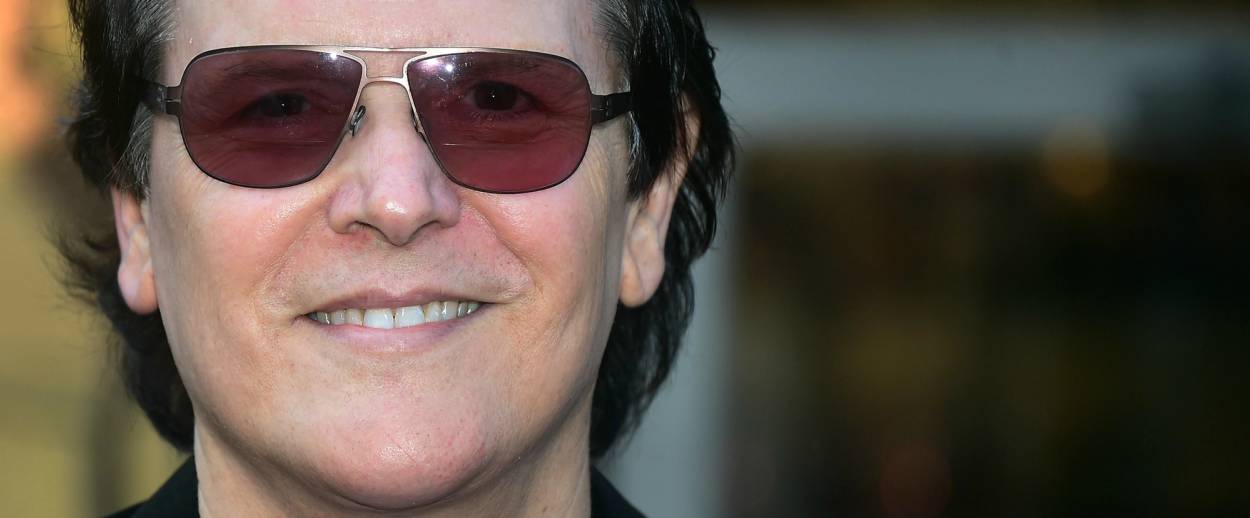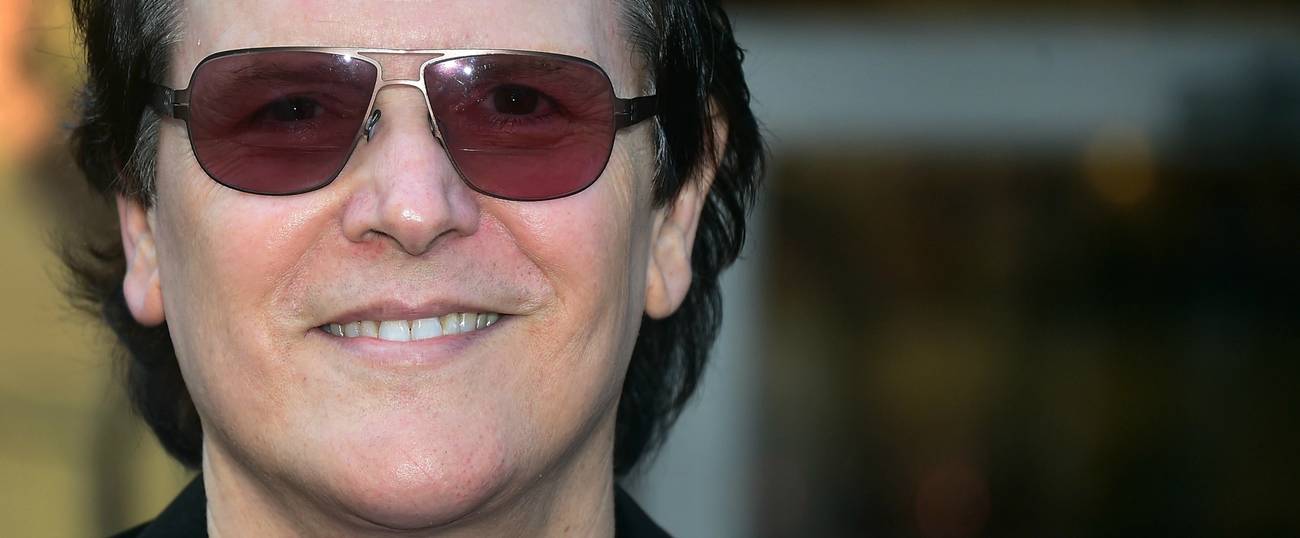Former Yes Guitarist Trevor Rabin Is the First South African Inducted Into the Rock and Roll Hall of Fame
And the ‘Owner of a Lonely Heart’ composer feels ‘great’ about it




The only Yes fan I ever knew was a geography professor in college who taught an entire course based on Michael Palin’s “Around the World in 80 Days,” a BBC special that originally aired in 1989. And that’s not meant to be a knock on the prog-rockers because they’ve obviously impressed a ton of people over their decades of existence, including, finally, the Rock and Roll Hall of Fame. After 21 albums and two ultimately failed nominations, the band will be enshrined in 2017 with a class that includes Joan Baez, Pearl Jam, ELO, Journey, and Tupac Shakur. Not bad company, if I may say so myself.
And if you have listened to Yes, whether you know it or not, it’s likely the classic jam, “Owner of a Lonely Heart,” composed by Trevor Rabin (shortened from Rabinowitz), who grew up in South Africa and penned the song in 1983 in Los Angeles. Just listen to this intro and those opening hard licks.
Rabin recently spoke with Rolling Stone about the induction, and a possible Yes reunion. Rabin’s son, Ryan, is the drummer of Grouplove, and was profiled here on The Scroll in November, at the beginning of the band’s tour. Wrote Tablet contributor Daniela Tijerina:
Trevor’s paternal grandfather was Jewish and a Lithuanian cantor, and his father, Godfrey, was a jazz musician. Trevor grew up in an observant home and his mother converted to Judaism. He married his high school sweetheart Shelley May in 1978, and, with his solo career in flux, they moved from London to California in 1981 and eventually had a son, [Ryan.]
Ryan Rabin recalls growing up in “a super hippie-reformed” congregation in L.A., led by a rabbi who “fancied himself a very serious musician.” He would, said Rabin, bust out his guitar at any given time. These memories are almost comical to Rabin, who said he doesn’t consider himself religious at all. “[My rabbi] would make up some melodies that I didn’t know existed in some Torah readings and I was like, ‘Really that kind of sounds more like a folky, kind of, Bob Dylan vibe.” Somehow, I imagine that these early introductions to music, from both his father, with whom he toured with as a young boy, and his eclectic rabbi, have come to shape Rabin’s musical identity.
Jonathan Zalman is a writer and teacher based in Brooklyn.